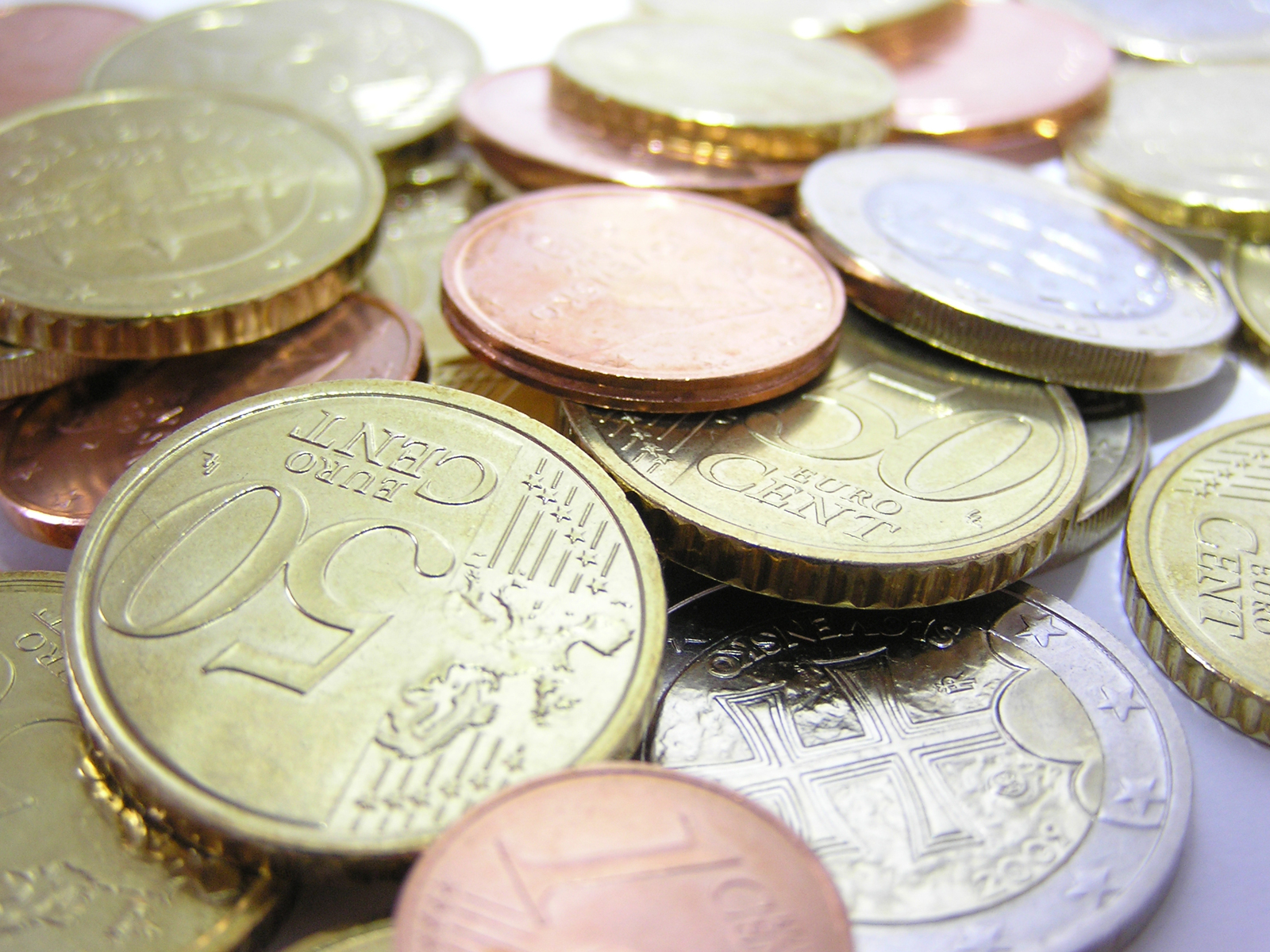Is Europe’s economic crisis affecting its students in Australia?
ARE European students in Australia feeling the pinch of the economic crisis back home? Olivia Merlen speaks to two international students with different stories.
Over 10,000 kilometres away from home, some European international students may feel the Eurozone crisis is finally catching up with them here in Australia – while others might not have been the slightest bit affected.
Australia’s Department of Industry, Innovation, Science, Research, And Tertiary Innovation estimates 27,500 students from Europe came to Australia to study in the year preceding May 2012 – with the majority hailing from the UK, Germany, and Italy. This represents a mere 4 per cent of the total community of international students enrolled in Victoria.
But with the strong Australian dollar, increased costs of living, and tuition fees higher here than in most European countries, how many of these students are feeling the long-term effects of the crisis developing back home?
Falling exchange rates
Esperanza Moreno, from Jerez de la Frontera in Spain, is one international student who has felt the pinch of the weakening Euro.
She was awarded a scholarship in 2010 by the Spanish government to pursue a Master of Journalism and International Relations at Monash University. But while the scholarship money is enough to cover living expenses, tuition fees, and flights between home and Australia, she now receives less allowance than she used to overall, because of the Euro falling dramatically against the dollar.
When Esperanza received her scholarship in December 2010, the Euro was trading for AUD$1.35. As of today, the Euro has reached a value as low as AUD$1.17, thus impacting her source of income.
“The government sets the amount according to the exchange rate at that time between the Euro and the Australian Dollar,” she explains.
“Accordingly, any fluctuations in the exchange rate may mean that you’ll lose some purchasing power.”
And she’s not the only one affected. There’ve been reports of cuts in scholarships and difficulties in getting loans across Europe, potentially making it even harder for students from the region to study abroad.
“This crisis is affecting not only those in Europe struggling to find a job, but also young Europeans wanting to come here,” says Esperanza.
A double-edged sword
But not all international students from Europe are affected, as the strong Australian dollar can be viewed as double-edged sword – having both positive and negative effects.
Like many young Germans, Kathrin Ellermann fell in love with Australia and its people while backpacking through the country. She decided to return Down Under to study tourism and hospitality management at the William Angliss Institute in Melbourne.
With family support, financial aid from the German government, and her full-time work placement, Kathrin has not felt the repercussions of the Eurozone crisis.
To her, the strong dollar is an advantage.
“It doesn’t affect me too much,” she says.
“As I have to pay my friend’s mum back – she paid for my last flights to Germany – the strong dollar makes that easier for me.”
She is even confident she will have job opportunities back in her country within her chosen field of hospitality, especially with English as a second language under her belt.
The verdict?
It’s hard to decisively say whether or not international students in Australia are being affected by the Eurozone crisis. But with unemployment rates peaking in the Eurozone, and more young people in Spain and Greece without a job than with one, perhaps living in Australia is the lesser of two evils.

